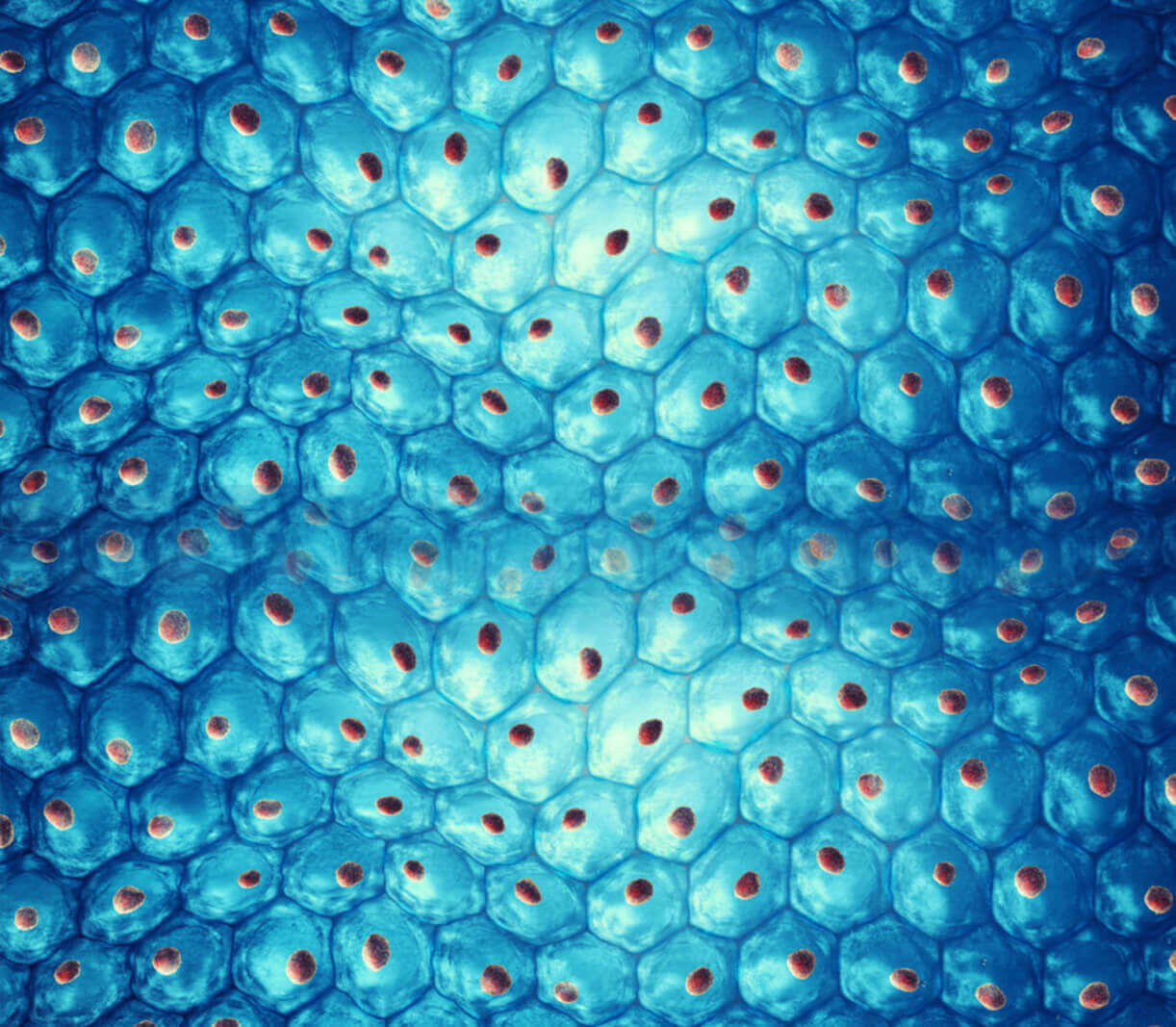Stem cells have the ability to differentiate into various cell types and can regenerate damaged or lost tissue. This makes them an essential part of the body’s natural repair mechanisms. In the body, stem cells are responsible for maintaining and repairing tissues and organs throughout the body. For example, stem cells in the bone marrow produce blood cells, while stem cells in the fat can regenerate new skin cells. As we age, the number and function of stem cells in the body can decline, which can impair the body’s ability to repair and regenerate damaged tissues. This can contribute to the development of age-related diseases and conditions.
Stem cell therapy is a promising approach for promoting tissue repair and regeneration, and may be used to help manage the symptoms of various medical conditions. Overall, stem cells play an important role in the body’s performance by contributing to tissue regeneration and repair.




